A Buyer's Guide to Purchasing a Smart True HEPA Air Purifier
A Buyer's Guide to Purchasing a Smart True HEPA Air Purifier

As pollution levels continue to rise and the need for indoor air quality intensifies, air purifiers have become an indispensable component of many households and offices. Among the myriad options available, a True HEPA (High-Efficiency Particulate Air) air purifier stands out for its impressive ability to remove airborne particles, as minuscule as 0.3 microns, with a success rate of 99.97%, including but not limited to allergens, dust, mold, and bacteria.
However, navigating the seemingly infinite air purifier market to find the perfect one that caters to your specific requirements is no mean feat. The process can be incredibly daunting, and mistakes can prove costly. Hence, to ensure that you make an informed decision and don't waste your hard-earned money, we have curated a comprehensive buyer's guide that can help steer you toward the right choice - a smart True HEPA air purifier that guarantees a breath of fresh air.
Tips for Choosing a Smart True HEPA Air Purifier
Room Size and Airflow
Size does matter, especially when selecting the optimal smart True HEPA air purifier for your home or office. One of the most crucial aspects that demand consideration is the size of the room you want to purify. It's imperative to peruse the manufacturer's specifications regarding the coverage area of the air purifier and make a prudent choice to ensure maximum efficacy.

Let's delve into the ramifications of selecting the wrong-sized air purifier. If the air purifier is too minuscule, it may struggle to perform its task and leave the air unclean. Conversely, if it's too massive, it may end up wasting energy and moolah, both of which are in short supply.
Another salient feature that commands attention is the airflow rate. The clean air delivery rate (CADR) refers to the air that an air purifier can cycle through in a minute. Higher CADR is indicative of the fact that the air purifier can eradicate contaminants from the air in your room more proficiently. In light of this, it is crucial to shop for a True HEPA air purifier with a CADR that is appropriate for the size of your room and the type of pollutants you wish to eliminate.

Filter Type
While it's true that True HEPA filters are perceived as the gold standard when it comes to eradicating airborne particles, some air purifiers can boost their performance by incorporating additional filters. For instance, some air purifiers are furnished with pre-filters that trap more massive particles, such as pet dander and hair, thus prolonging the True HEPA filter's lifespan. Conversely, activated carbon filters in some air purifiers can eliminate odors and volatile organic compounds (VOCs) from the air.

If you have allergies or are susceptible to specific particles, such as mold or pet dander, opt for an air purifier that incorporates a specialized filter to combat those pollutants. Moreover, if you reside in an area with high pollution levels, consider purchasing an air purifier equipped with a fusion of filters to maximize its performance. Making an informed decision while shopping for a smart True HEPA air purifier is essential, as the wrong choice can prove to be an expensive mistake.
Noise Level
Considering buying a smart True HEPA air purifier, feel the noise level, particularly if you plan on using it in a bedroom or a tranquil space. It's worth noting that an air purifier's noise level is often expressed in decibels (dB), and a lower number is generally associated with a quieter machine. As such, it's advisable to look for an air purifier that produces less than 50 dB of noise, ensuring that it doesn't interfere with your peacefulness and calm.

While many air purifiers today are designed to operate quietly, the idea of sound levels being presented in decibels may be baffling to some. It's important to recognize that a decibel is a logarithmic unit used to express the relative intensity of sounds. In simple terms, this means that even a small difference in decibel levels can translate to a significant variance in the perceived loudness of a device. So, when shopping for an air purifier, it's worth paying close attention to the indicated decibel level to make the best decision possible.
Smart Features
In the era of the "smart home," air purifiers have also jumped on the bandwagon with the advent of "smart air purifiers." These advanced devices come with various features that allow you to control and monitor the unit using a smartphone app or other smart home devices like Amazon Alexa or Google Home. Some nifty smart features include real-time air quality monitoring, remote control, and scheduling options that allow you to set the air purifier to turn on and off at specific times.

The beauty of smart air purifiers is that you can operate them from the comfort of your bed, sofa, or any other location in your home. Using a smartphone app or other smart home devices, you can adjust the settings, turn the unit on or off, or check the air quality in real-time. This level of convenience and control makes owning an air purifier an even more appealing prospect, particularly for those who value advanced technology and smart home automation.
However, as with any advanced technology, it's essential to ensure that you have a stable internet connection and that your smartphone or other smart home device is compatible with the air purifier. That said, the benefits of a smart air purifier far outweigh any potential obstacles. They are an excellent investment for anyone seeking the ultimate convenience and control over indoor air quality.
Energy Efficiency
When contemplating a smart True HEPA air purifier, pay attention to its energy efficiency, a crucial factor that should be considered. Selecting an energy-efficient air purifier can help to decrease your energy costs, conserve natural resources, and decrease your carbon footprint. Fortunately, a reliable way to recognize energy-efficient air purifiers is to search for an ENERGY STAR certification. This certification indicates that the product complies with the strict energy efficiency requirements established by the U.S. Environmental Protection Agency (EPA), so you can rest assured that you're making a conscientious and environmentally responsible decision.
Maintenance and Filter Replacement
Air purifiers are essential to maintain indoor air quality, but it's important to remember that they require regular maintenance to ensure optimal performance. The most crucial aspect of air purifier maintenance is filter replacement, which can become a recurring expense. When shopping for a smart True HEPA air purifier, consider the cost and availability of replacement filters and the ease of replacing them. Look for units with a filter replacement indicator to remind you when it's time to replace it.

In addition to filter replacement, consider the overall maintenance required for the air purifier. Air purifiers may have different maintenance requirements, such as cleaning the unit and replacing other components like the pre-filter or carbon filter. To avoid time-consuming and tedious maintenance, look for units with easy-to-clean surfaces and low-maintenance features.
Keeping your air purifier in good condition is crucial for optimal performance and longevity. Remember to follow the manufacturer's instructions for maintenance and cleaning to ensure that your air purifier continues to deliver clean air.
Conclusion
In conclusion, a smart True HEPA air purifier is an investment that could give your home the air quality boost it desperately needs! Whether you suffer from allergies or want to breathe easier, selecting the right air purifier is critical. When choosing an air purifier, you'll need to consider several factors such as room size and airflow, filter type, noise level, smart features, energy efficiency, and maintenance and filter replacement. So, make sure you do your due diligence before making the big purchase. With the right air purifier, you can expect to see and feel the difference in the air you breathe!




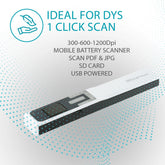
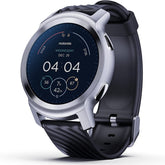
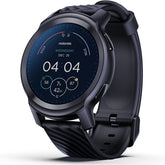
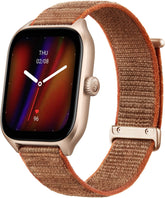
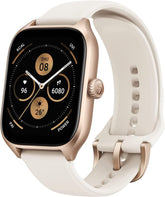
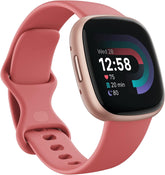
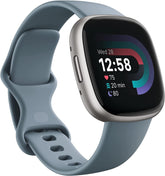


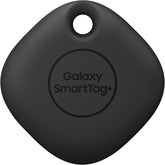
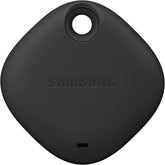
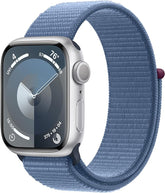

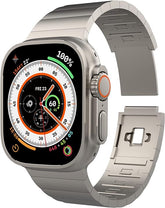
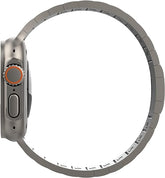
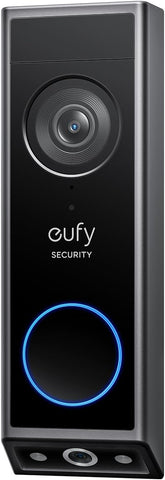

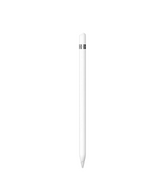

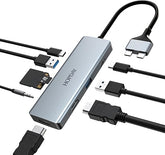
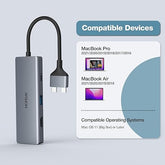
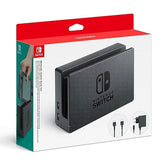
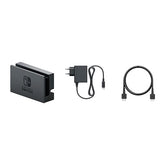
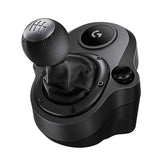
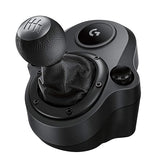
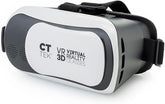
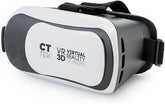
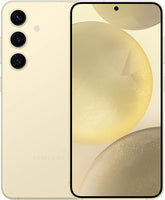
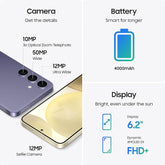
![["B0B1L87TMY"]](http://smarttechshopping.com/cdn/shop/products/7110BNil-dL._AC_SL1500_165x.jpg?v=1695449139)
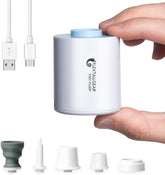
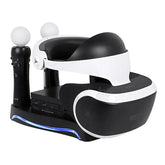


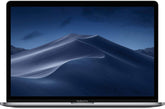
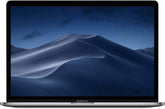

Leave a comment
Please note, comments need to be approved before they are published.